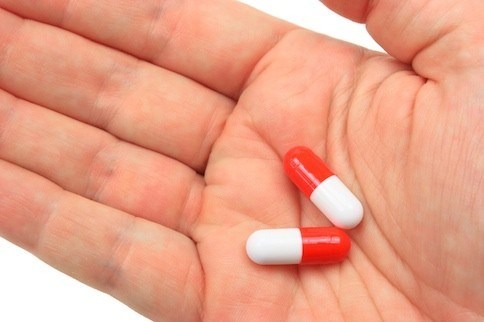The Health Benefits of Supplementing Your Diet with Fish Oil
Should you be supplementing your diet with omega-3 fatty acids?
There have been several clinical trials conducted to date and recently an American Heart Association Expert Panel got together and assessed its utility.
The American Heart Association already recommends a diet high in omega-3 fatty acids. They recommend eating fish (particularly fatty fish) at least two times (two servings) a week. Fatty fish like salmon, mackerel, herring, lake trout, sardines and albacore tuna are high in omega-3 fatty acids and a serving is 3.5 ounces. This recommendation is for everyone, people with heart disease or not, and provides omega-3 fatty acids and a protein source that is low in saturated fat. In addition, we already know that high dose omega-3 fatty acids (2-4g per day) are good reducers of triglycerides (30-45 percent) and is a good adjunctive therapy for treating hypertriglyceridemia. The main benefits of antihypertriglyceridemia therapy would be reducing the risk of pancreatitis and lipomas (fat pouches on the skin). So the new assessment by the advisory committee is about using supplements with omega-3 fatty acids. While there has been extensive study of omega-3 fatty acids for lots of things, only two of the potential indications have panned out, people with a heart attack or angina and people with heart failure. In these people, it can help lower the risk of dying from arrhythmias. The GISSI-Prevention and the GISSI-Heart Failure trials are the most compelling trials substantiating these benefits and used 1g of EPA and DHA forms of omega-3 fatty acids. It is not recommended for the general population without heart disease or heart failure and even if you have these diseases there are a few other things to consider.
Omega-3 fatty acids do not substitute for other drugs with proven mortality benefits such as aspirin, beta-blockers, ace inhibitors, and statins. So it is only for people on all of the drugs with mortality benefits who are willing to take an extra couple pills a day. Secondly, fish oil comes in a prescription and over the counter form. The prescription form is very expensive but the purity and the potency is assured. Over the counter products can vary substantially in actual potency and how they are manufactured. Over the counter products tested and certified by outside labs or the USP would be the only ones I would recommend. Products with the GMP designation are made using good manufacturing practices which is nice but may not have the reported amount of EPA and DHA in the pills.
In animal studies, ALA, the omega-3 fatty acid in land plants worked similarly as well as the EPA and DHA in fish oil but the human data to support it is absent. Interestingly, the EPA and DHA from fatty fish is actually made by plankton and then concentrated in the fishes fat when they eat it. Recently plankton based EPA and DHA has become available over the counter which would also be an option for vegetarians and vegans.
Source: fox61.com
“The health benefits of supplementing your diet with fish oil” by:Dr. Michael White from the UConn School of Pharmacy


